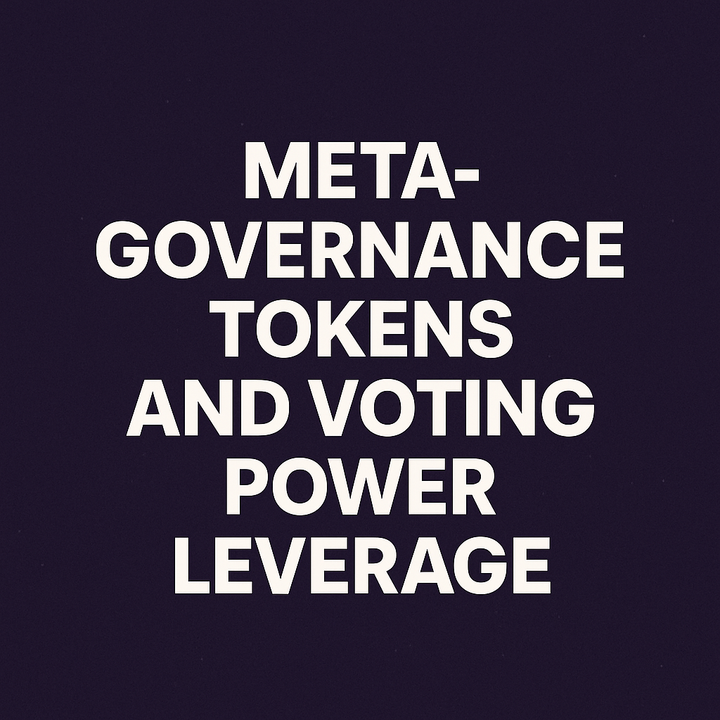California’s New Unclaimed Crypto Law: Bill AB-1052

In June 2025, California lawmakers overwhelmingly approved Assembly Bill 1052 (AB-1052) to extend the state’s unclaimed property rules to cryptocurrencies. Under this bill, if crypto assets are left untouched on a custodial platform (like a centralized exchange) for three years, the state can assume custody of those assets without liquidating them. In practice, this means the state’s Unclaimed Property division can hold onto idle crypto accounts, rather than letting exchanges sell off inactive accounts by force.
What AB-1052 Actually Does
The bill’s key points are:
- Applies Unclaimed Property Laws to Crypto on Exchanges: If you have coins sitting on an exchange and haven’t done any on-chain transaction, deposit, withdrawal, or even logged in for three years, your account is considered “inactive.” Under AB-1052, the exchange must report those assets as unclaimed. The state then takes custody. Importantly, AB-1052 does not let the state sell the crypto. Instead, the assets are held (in crypto form) until the rightful owner comes to claim them.
- Owner Reclamation: The law makes clear that owners can always reclaim their crypto later. When an asset goes into state custody, it stays as cryptocurrency (e.g. Bitcoin or USDC) rather than being converted to cash. When the owner provides proof of identity, the state returns the crypto itself. This mirrors how unclaimed bank accounts or stock are treated under existing law (state custody, not liquidation).
- Requirement to “Stay Active”: To prevent your crypto from being turned over to the state, you must show an act of ownership at least once every three years. The bill defines such an act as making any transaction (buy/sell, deposit/withdraw) or logging into/accessing the account. In effect, even a small test transaction every couple of years will keep the account “active” and out of unclaimed status.
- Exchanges vs. Private Wallets: The law targets assets held on custodial platforms (exchanges or wallets managed by third parties). If you hold crypto in a private wallet (with your own keys), AB-1052 doesn’t apply. It’s aimed at preventing exchanges from secretly liquidating inactive user funds, ensuring instead that users or the state custodian hold those assets.
Crypto Community Reactions
The announcement sparked mixed reactions among crypto users. Some initial headlines (and social media posts) alarmed people with phrases like “California to seize idle crypto”. Privacy advocates and so-called “HODLers” warned of losing coins if they forgot about old exchange accounts. The maxim “Not your keys, not your crypto” was frequently cited: essentially urging users to self-custody (store keys themselves) to avoid any state involvement. In other words, many saw AB-1052 as another reason to move coins off exchanges.
However, experts and even the bill’s author say these fears are overblown. Eric Peterson of the Satoshi Action Fund (who helped draft the bill) and others explained that the law is actually consumer-friendly. It prevents exchanges from selling your assets after years of inactivity. Right now, under no law, an exchange could liquidate funds if it loses touch with a customer. AB-1052 changes that by having the state hold the crypto instead. As Peterson noted, this preserves value: “Instead of selling your Bitcoin after 3 years of inactivity, custodians must transfer your actual BTC to a licensed custodian selected by the state. The Bitcoin is held in native form, not converted to dollars”. In other words, if your Bitcoin appreciated by the time you come back, you get the crypto (and its gains), not stale cash.
California’s Assembly and even Coinbase’s former counsel also pointed out that most states have similar laws for bank or brokerage accounts. Exchanges already comply by reporting unclaimed crypto under existing rules. AB-1052 just clarifies the process (for example, by barring secret liquidation). A US Supreme Court decision in 2022 (“Goldberg v. Kelly”) required states to follow fair notice for unclaimed property, meaning this bill actually protects consumers by formalizing the rules.
In summary: Crypto community concerns tend to focus on “will state take my coins?” In reality, AB-1052 is meant to protect owners from exchanges suddenly cashing out their crypto. The state won’t sell your crypto; it holds it. When you do come forward (with ID), you get your cryptocurrency back.
Impact on Users and Custody Choices
Although AB-1052 only applies to custody accounts, it may influence user behavior. Some crypto advocates interpret this as yet another argument for self-custody: if you hold coins only on an exchange, you must stay active (log in or transact) every three years to avoid state custody. Consequently, some users may prefer moving funds to personal wallets (hardware wallets or other wallets where they hold the keys). The law itself emphasizes this: it “encourages crypto holders to actively interact with their wallets” at least every three years.
Others view AB-1052 positively, noting it gives inactive account holders peace of mind that their assets won’t quietly vanish. Exchanges won’t liquidate assets behind the scenes, and the state’s custodial process is transparent. Crypto industry comments were indeed divided. A CCN summary noted proponents see it as an industry positive (protecting assets) while privacy advocates felt it impinges on the right to keep assets undisclosed. Notably, the bill explicitly does not affect private wallet holders, and it aligns crypto with existing unclaimed property norms.
Overall, most agree the law’s immediate practical effect is small: it will mostly affect people who truly lose access to exchange accounts for years. For everyone else, it’s a reminder to keep track of old wallets. Exchanges and state agencies are preparing to give notifications before transfer.



Comments ()